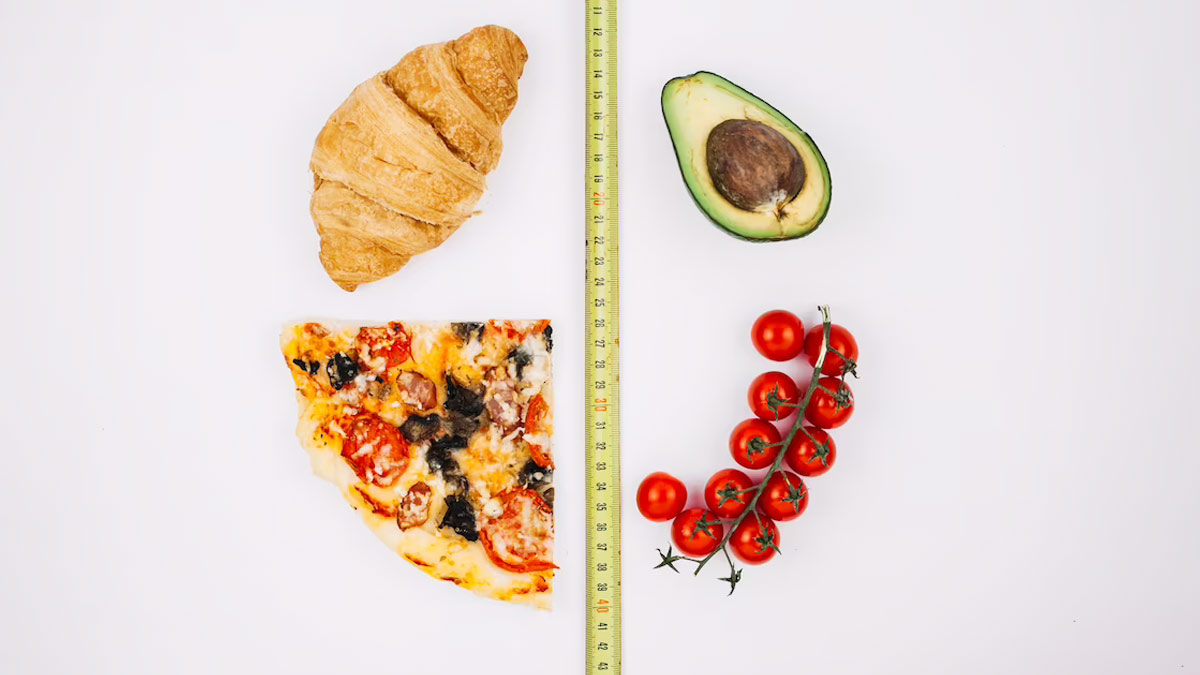
If you're a beginner in the world of weight loss, you may have heard about crash diets. These are extreme diets that promise quick weight loss results in a short period. While the crash diet may get a million likes on Instagram, it's essential to understand the risks and why you should avoid them. So before you skip your next meal, or starve yourself of food, here's everything you need to know about a crash diet.
Table of Content:-
What Is A Crash Diet?
A crash diet is a short-term, restrictive diet that aims to reduce calorie intake drastically. These diets often limit you to consuming only certain types of foods or liquids, such as juice or soup. Why consume certain types of food? Consuming certain types of food makes it easy to track the calories and creates a calorie deficit, causing rapid weight loss.

How To Spot A Crash Diet?
1) Rapid Weight Loss
If you've dropped more than 4kgs in a month, the diet you're on is probably a crash diet, because it's after the elimination of certain foods, that a person can lose weight.
Also Read: What Happens Inside Your Body When You Lose 10 Kgs In A Month
2) Restricts Food
Crash diets usually cut out entire food groups, such as carbohydrates or fats, and limit your intake to one or two types of food.
3) Extremely Low-Calorie Diet
A typical crash diet limits your daily calorie intake to less than 1,000 calories, which is not sustainable or healthy in the long run.
4) Lack Of Exercise
Crash diets often don't include any exercise or physical activity, which is an essential component of any healthy weight loss plan.

Why Should You Avoid Crash Diets?
Nutritional Deficiencies
Restrictive diets can lead to a lack of essential nutrients, such as vitamins and minerals, causing health problems in the long run.
Slow Metabolism
Rapid weight loss from a crash diet can slow down your metabolism, making it harder to lose weight in the future.
Muscle Loss
Crash diets can lead to muscle loss, which can be detrimental to your overall health and well-being.
Mental Health Issues
The stress and pressure of eating a certain type of food can cause anxiety and depression, leading to a negative relationship with food.
Short-Term Gains
Crash diets may provide short-term results, but the weight loss is often not sustainable, and the lost weight is quickly regained.
What To Do Instead?
Seek Guidance
Consult a registered dietitian or a nutritionist who can guide you towards a sustainable weight loss plan based on your specific needs and goals.
Focus On Healthy Habits
Instead of just focusing on weight loss, focus on building healthy habits such as eating a balanced diet, regular exercise, and getting enough sleep.
Also Read: Crash Dieting Side Effects: Here’s How The Body Suffers When We Crash Diet
Make Gradual Changes
Making small changes to your lifestyle, such as swapping processed foods for whole foods or reducing portion sizes, can lead to long-term success.
Listen To Your Body
Take care of your mental health by practising self-care, such as mindfulness, meditation, and stress-reducing activities.
Image Credit: Freepik
Also watch this video
How we keep this article up to date:
We work with experts and keep a close eye on the latest in health and wellness. Whenever there is a new research or helpful information, we update our articles with accurate and useful advice.
Current Version
